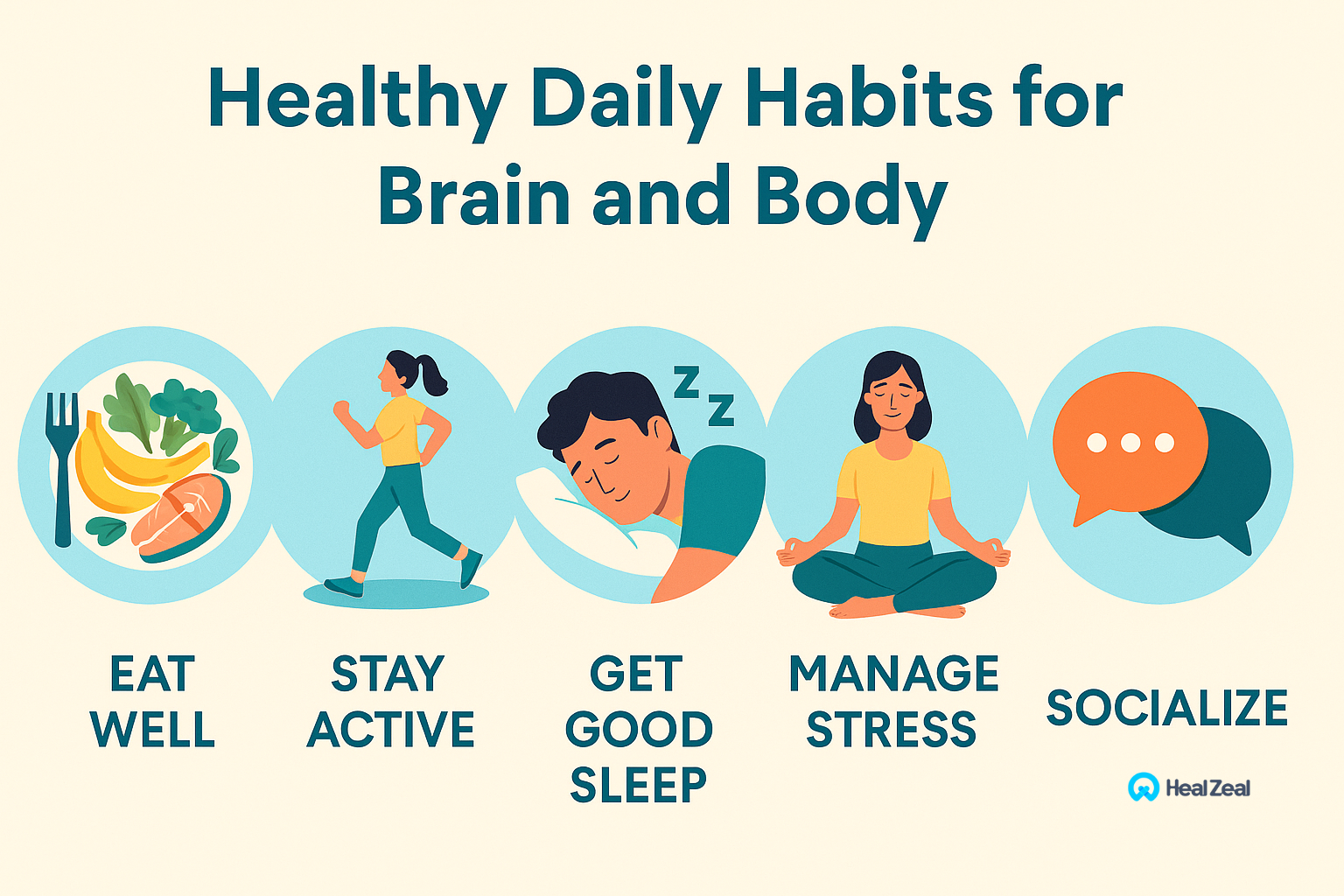
Parkinson's disease, a progressive neurological disorder, significantly impacts an individual's movement and overall quality of life. While there is no cure for Parkinson's, several home remedies and lifestyle adjustments have shown promise in managing symptoms and potentially slowing down the progression of the disease.
1. Aerobic Exercise: Incorporating regular aerobic exercise into daily routines has demonstrated positive effects on motor function and overall well-being in individuals with Parkinson's disease. Activities like walking, swimming, and cycling not only improve cardiovascular health but also enhance balance and flexibility.
2. Tai Chi and Yoga: Mind-body exercises such as Tai Chi and yoga focus on controlled movements, balance, and breathing. Research suggests that these practices can contribute to improved mobility, reduced muscle rigidity, and enhanced overall quality of life for those living with Parkinson's.
3. Speech and Physical Therapy: Speech therapy can be instrumental in improving communication skills, addressing speech-related challenges often associated with Parkinson's. Additionally, physical therapy focuses on maintaining and enhancing mobility, flexibility, and muscle strength, contributing to better daily functioning.
4. Massage and Acupuncture: While not curative, massage therapy can provide relief from muscle stiffness and tension, common symptoms in Parkinson's patients. Acupuncture, rooted in traditional Chinese medicine, may help alleviate symptoms by promoting energy flow and reducing pain.
5. Dietary Considerations: Nutrition plays a crucial role in managing Parkinson's disease. Antioxidant-rich foods like berries, spinach, and broccoli help combat oxidative stress. Omega-3 fatty acids found in fish contribute to brain health, while a well-balanced diet with sufficient fiber aids in digestion, addressing the common issue of constipation.
6. Mindfulness Meditation: Mindfulness techniques, including meditation and deep breathing exercises, can effectively manage stress, a key factor that may exacerbate Parkinson's symptoms. Stress reduction is essential for overall well-being.
7. Music and Art Therapy: Creative therapies, such as music and art therapy, offer emotional and psychological benefits. Engaging in these activities has been shown to enhance mood, reduce anxiety, and provide individuals with Parkinson's a sense of accomplishment and joy.
8. Cognitive Training: Cognitive decline is a concern in Parkinson's disease. Engaging in cognitive training exercises, such as puzzles, memory games, and mental challenges, can help maintain cognitive function and mental acuity.
9. Medication Management: Adhering to prescribed medications is fundamental in managing Parkinson's symptoms. Patients should maintain open communication with their healthcare providers to adjust medication regimens as needed.
10. Supportive Social Networks: Building and maintaining supportive social connections can significantly impact the emotional well-being of individuals with Parkinson's. Joining support groups, both in-person and online, provides an avenue for sharing experiences, tips, and coping strategies.
11. Sleep Hygiene: Establishing a consistent sleep routine and maintaining good sleep hygiene are crucial for overall health. Individuals with Parkinson's often experience sleep disturbances, and prioritizing quality sleep can positively influence daily functioning.
12. Regular Medical Check-ups: Regular check-ups with healthcare providers are essential for monitoring the progression of Parkinson's disease. Open communication about symptoms, concerns, and overall health allows for timely adjustments to the management plan.
In conclusion, while Parkinson's disease presents unique challenges, a comprehensive approach that includes a combination of medical interventions, lifestyle adjustments, and home remedies can contribute to improved symptom management and an enhanced quality of life for those living with this condition. It is crucial for individuals with Parkinson's to work closely with their healthcare team to tailor these strategies to their specific needs and circumstances.